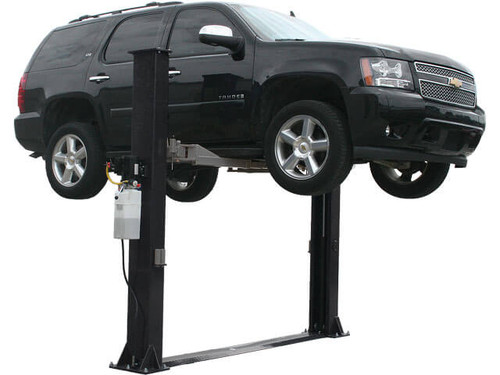Realtor.com quoted me in What Is Noise Pollution and How Does It Affect Property Values? It opens,
When it comes to a home’s value (and your sanity), noise pollution can be a major downer. But what is noise pollution exactly? Most people have different definitions of what noise pollution actually is—anything from sirens to a barking dog, or the noise of traffic on the street outside.
While outside noise isn’t totally escapable (even the prairie has ambient noise), home buyers will want to be on the lookout for excessive noise pollution, because it could affect a property’s value. After all, you don’t want to live in (or have to eventually unload) a place that requires a lifetime supply of earplugs.
First, let’s define what noise pollution actually means.Re
What is noise pollution?
In defining noise pollution, there are several variables in the mix.
“Noise pollution is basically any noise that you don’t like, but I guess we would define it as noise that most people generally don’t like,” says Brooklyn Law School Professor David Reiss, research director for the Center for Urban Business Entrepreneurship. “When governments regulate noise, however, it is usually based on how loud a noise is.”
For example, Reiss explains that according to A Guide to New York City’s Noise Code, in that city, “Noise that exceeds the ambient sound level by more than 10 decibels (dB) as measured from 15 feet from the source as measured from inside any property or on a public street is prohibited.”
Of course, the ambient sound level in NYC is considerably louder than in a rural area.
How to measure noise pollution near a home
Although decibels are used to measure the intensity of a sound, there are more accurate ways to identify noise pollution around a particular house. When it comes to getting ballpark figures for typical noise levels, Tom Davies, Co-Founder and Manager of the property buying company Accelerate Homes, suggests that most buyers figure out the day-night average sound level (Ldn) or the day-evening-night average sound level (Lden), which are measurements that can help assess the impact that road, rail, air, and general industry has on the local population. Either of these measurements give a potential buyer a much more accurate assessment of overall noise pollution near their home. To measure these levels, get a regular decibel meter, take hourly readings, and plug those numbers into this online noise calculator.
You can also check this interactive national transportation map created by the U.S. Bureau of Transportation Statistics to get a general idea of noise pollution levels created primarily by interstate highways and airports in your area. Just type in your address (or the address of any home you’re considering) and get a general reading. Red means loud—think vacuum cleaner (like 60dB-80 dB), and purple means even louder, like the constant sound of a garbage disposal (80 dB and up).
Identifying noise pollution culprits
It’s not always easy to figure out what’s making all the noise, but it is possible.
“While some of the main factors could be easily spotted—like the proximity of highways, stadiums, airports, train, and bus stations—other factors like specialized traffic (regular truck deliveries or rubbish removal), or the presence of neighbors with loud dogs, are far less likely to be spotted at first sight,” says Davies. The only way to get to the bottom of it is to talk to the neighbors.
Reiss also suggests taking it a step further.
“Visit at different times of the day. For example, if there is a bar across the street, drive by on a Saturday night,” he says. “Also, ask local government officials, like community board district managers, about noise complaints.” Basically, it’s up to you to do your due diligence on sound.
How noise pollution affects property prices
High noise levels don’t automatically correlate with lower prices, Reiss says. Some of the most expensive homes in New York City are located in midtown Manhattan, a busy area that’s home to the theater district, the tourist magnet Times Square, and many major corporate offices.
“But within a certain market, there will be those who value quietness and those who value being in the middle of the action,” he says.
To get a true reading on how noise pollution will affect the value of a property, “you would need to distinguish short-term noise—like a neighboring construction site—from permanent noise—like from a neighboring firehouse,” says Reiss.



